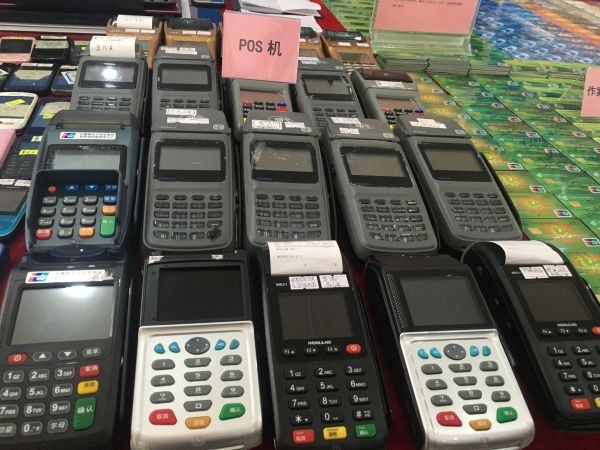Eradicating telecom fraud requires cooperation

With telecom fraud becoming increasingly rampant this year in China, the chief of the Quanzhou public security Bureau of Fujian province said that since the emergence of this crime, the authority has been determined to fight it, but only one party’s involvement cannot solve the problem.
Xinhua News Agency revealed that over the last ten years, telecom fraud cases have increased at the rate of 20 to 30 percent per year. According to data from the public security Bureau, from January to July this year, there have been 355,000 telecom fraud cases, a year-on-year growth of 36.7 percent, leading to huge losses.
Faced with such conditions, many parties have made joint efforts. At the national level, a cooperation frame is under construction and improvement. In June 2015, 23 departments, led by the State Council, took part in establishing a new joint conference institution to counter online crime.
Public security departments use telecom fraud centers to get victim information and discourage them from transferring money.
But what they do is far from enough. Many experts also suggest strengthened legal controls and increased punishment as deterrence. Some advanced technologies have also been put into practice.
In many telecom fraud cases, people are tricked out of their money saved for retirement or emergencies, often losing all their family fortune. Some families have even broken up, and some companies have gone bankrupt because of the loss of funds.
The criminal’s success comes from their compact organization. A suspect from Taiwan surnamed Jian was one of 77 telecom fraud suspects sent from Kenya by China’s public security officials in April. The band established their dens in Africa and specialized in defrauding the public in the Chinese mainland.
Jian said that their well-organized band was divided into three groups with clear division of labor. The first group impersonated a post office, express company or telecom company; the second, public security officials; and the third, procurator and financial sector staff. In addition, there were also people responsible for recruitment.
The police explained that the suspects used an app to change telephone numbers into those of government sectors and then contacted victims to transfer money. Once the victim’s funds were transferred into a designated bank account, it was moved into several accounts through online banking.
The cash would then be withdrawn and paid to a “boss”, who would distribute “salaries” to the staff.
The crime is becoming rampant for several reasons. According to Xinhua News Agency, loopholes in industry supervision and control over Internet providers create possibilities for rampant telecom fraud.
For example, in the financial field, a collection of anonymous bank cards can be used to transfer money or withdraw cash, proving that there exist hidden dangers inside bank card security protection.
Besides, huge illegal industries are also accomplices of telecom fraud. Some people specialize in trafficking personal information, others in producing bank cards or developing online apps to change telephone numbers.




